Journaling has long been recognized as a powerful tool for self-reflection, personal growth, and improved productivity. It allows individuals to capture their thoughts, emotions, and ideas on paper, enabling them to gain clarity, set goals, and track progress. While journaling is beneficial for everyone, men can particularly benefit from this practice to enhance their organizational skills, prioritize tasks, and stay motivated. In this article, we will delve into effective journaling tips specifically tailored to men, providing practical insights and strategies to help them optimize and achieve their goals.
- The Power of Journaling: Unleashing Your Potential
Journaling serves as a gateway to self-discovery and self-improvement. By regularly documenting your thoughts, emotions, and experiences, you gain valuable insights into your patterns, strengths, and areas for growth. This heightened self-awareness allows you to tap into your true potential and make intentional choices that align with your goals and aspirations.
- Setting the Stage: Choosing the Right Journal
The first step to effective journaling is finding a journal that resonates with you. Consider factors such as size, design, and paper quality. Some individuals prefer sleek and compact journals, while others may prefer larger, more elaborate ones. Experiment with different options until you find a journal that inspires you to write and reflects your personal style.
- Carving Out Time: Establishing a Journaling Routine
Establishing a consistent journaling routine is essential for making this practice a habit. Set aside dedicated time each day or week, even if it's just a few minutes. This regularity will help you build momentum and ensure that journaling becomes an integral part of your daily life. Consider incorporating it into your morning or evening routine, finding a quiet and comfortable space where you can focus and reflect.
- Writing with Purpose: Setting Clear Intentions
Before putting pen to paper, take a moment to clarify your intentions for journaling. Ask yourself, "What do I want to achieve through this practice?" Whether it's enhancing productivity, tracking goals, or gaining clarity, setting clear objectives will give your journaling sessions a sense of purpose and direction.
- Freeing Your Mind: Stream of Consciousness Journaling
Stream of consciousness journaling is a technique where you write without self-censorship or judgment. Simply allow your thoughts to flow onto the paper, capturing whatever comes to mind. This form of journaling encourages creative thinking, problem-solving, and the exploration of new ideas. It can be particularly helpful for men, as it allows them to release mental clutter and gain mental clarity.
- Goal Setting: Turning Dreams into Achievable Targets
Effective journaling for men involves setting goals that are specific, measurable, attainable, relevant, and time-bound (SMART). By articulating your goals in writing, you give them substance and increase your commitment to achieving them. Break larger goals into smaller, manageable tasks, and track your progress regularly to stay motivated.
- Reflecting on Successes and Challenges: Celebrate and learn from your experiences
Journaling provides a space for you to reflect on both your successes and challenges. Take time to celebrate your achievements and acknowledge the progress you've made towards your goals. Celebrating small wins can boost motivation and reinforce positive habits. Additionally, reflect on the obstacles and setbacks you encounter along the way. Use your journal to analyze what went wrong, identify lessons learned, and develop strategies to overcome future challenges.
- Tracking Habits: Building Consistency and Accountability
Tracking your habits in your journal is an effective way to build consistency and hold yourself accountable. Create a habit tracker where you can mark off each day you successfully engage in your desired habits. Whether it's journaling itself, exercise, meditation, or any other activity that contributes to your productivity, tracking habits allows you to visualize your progress and identify areas that require improvement.
- Writing Prompts: Sparking Creativity and Reflection
Writing prompts are thought-provoking questions or statements that can inspire deep reflection and creative thinking. Incorporate writing prompts in your journaling practice to explore its different aspects. For example, you could write about your biggest challenges, strategies for overcoming obstacles, or your vision for success. Writing prompts provide a fresh perspective and encourage you to dive deeper into your thoughts and aspirations.
- Collaborative Journaling: Seeking Support and Feedback
Consider engaging in collaborative journaling to amplify the benefits of journaling. Find a trusted friend, mentor, or accountability partner who shares your interest in productivity and personal growth. Exchange journals or set up regular check-ins to share your progress, insights, and challenges. Collaborative journaling provides an opportunity for support, feedback, and new perspectives, making your journaling journey more enriching and effective.
Overcoming Journaling Blocks: Strategies for Consistency
Journaling blocks can sometimes hinder your consistency and progress. If you find yourself struggling to write, try these strategies:
- Start with a simple sentence: Begin by writing a single sentence or a brief summary of your day. This small step can help overcome resistance and get your creative juices flowing.
- Embrace imperfection: Remember that journaling is a personal practice, and there are no right or wrong ways to do it. Allow yourself to write imperfectly, without worrying about grammar or structure. Embrace the freedom to express yourself authentically.
- Experiment with different formats: If traditional written journaling doesn't resonate with you, explore alternative formats such as audio recordings or visual journals. Find a method that feels comfortable and enjoyable for you.
- Use prompts or quotes: When you're feeling stuck, use prompts or inspirational quotes as a starting point. Respond to them or reflect on their meaning in your journal. This can jumpstart your writing and stimulate your thoughts.
Effective Journaling FAQs
Q: How often should I journal for optimal productivity?
A: The frequency of journaling depends on your personal preference and schedule. Aim for consistency rather than quantity. Even journaling for a few minutes each day can yield significant results.
Q: Can I use digital tools for journaling?
A: Absolutely! While many people prefer the traditional pen and paper approach, digital tools like journaling apps or online platforms can be equally effective. Choose the medium that suits your style and makes journaling convenient for you.
Q: What if I miss a day of journaling?
A: Missing a day is normal and shouldn't discourage you. Simply resume journaling the next day and don't dwell on the missed entry.
Q: What if I don't know what to write about in my journal?
A: If you're feeling stuck, try using prompts or writing exercises to kickstart your journaling session. You can find a variety of prompts online or in journaling books. Alternatively, you can write about your current thoughts, feelings, or experiences. Remember, there are no right or wrong topics to write about—simply let your pen flow.
Q: Can journaling help with stress management?
A: Absolutely! Journaling is a powerful tool for managing stress. By writing about your emotions, concerns, and sources of stress, you can gain perspective, process difficult experiences, and develop coping mechanisms. Journaling can also serve as a safe space for venting frustrations and finding solutions to problems, promoting emotional well-being and reducing stress levels.
Conclusion
Incorporating journaling into your daily routine can be a game-changer for men with the Productivity Store's journal. The effective tips and strategies discussed in this article can empower you to unlock your full potential, prioritize tasks, and stay motivated. Remember to choose a journal that resonates with you, establish a consistent routine, and set clear intentions for your journaling practice. Embrace various techniques like stream of consciousness writing, visualization, and mind mapping to enhance your journaling experience. Overcome challenges, track your progress, and celebrate your successes along the way.
So, grab your pen, find a quiet space, and start journaling your way to a more productive and fulfilling life.

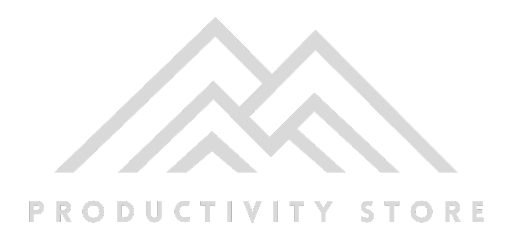






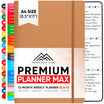



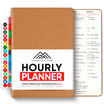

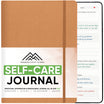
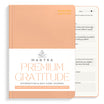
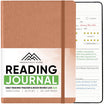
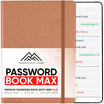
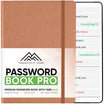

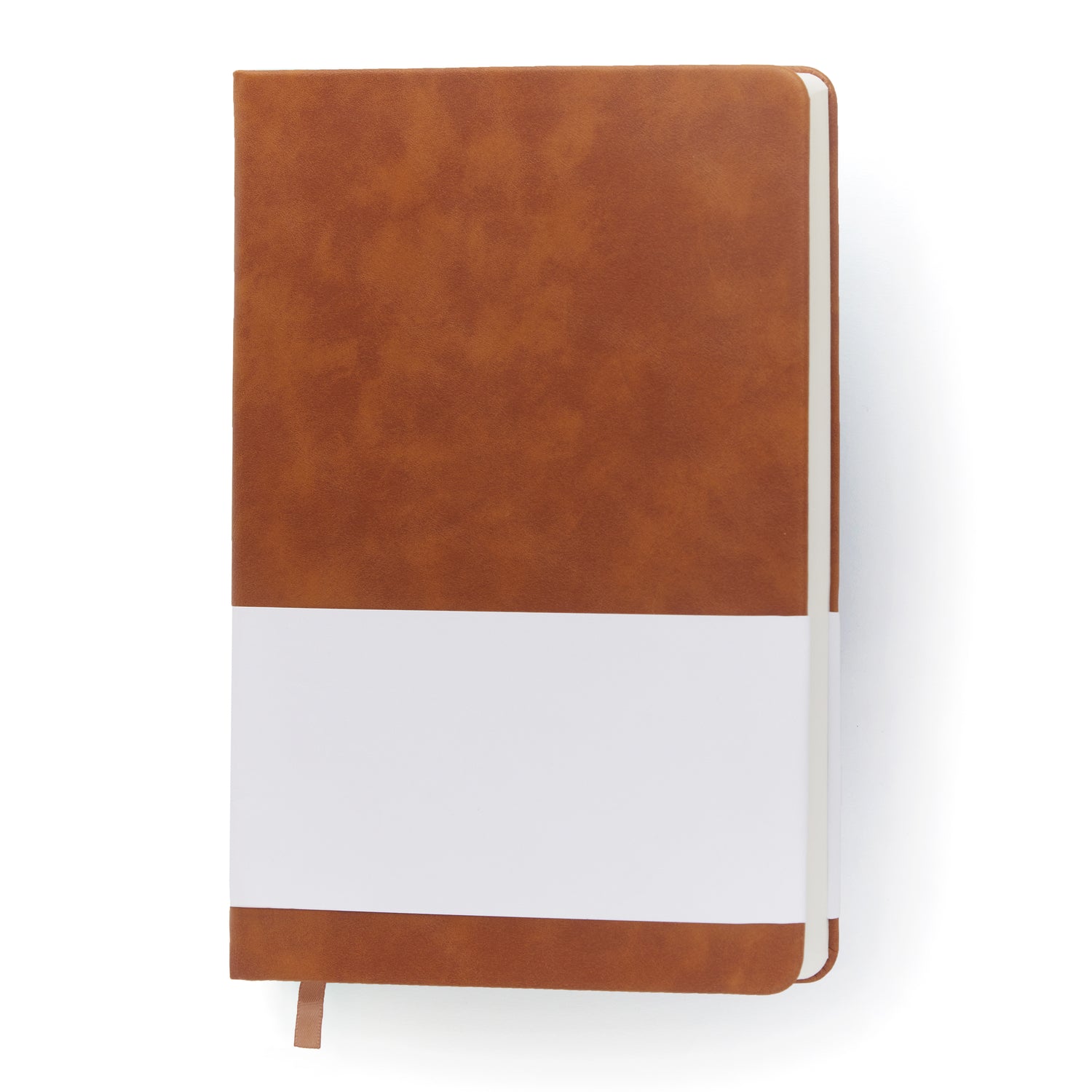
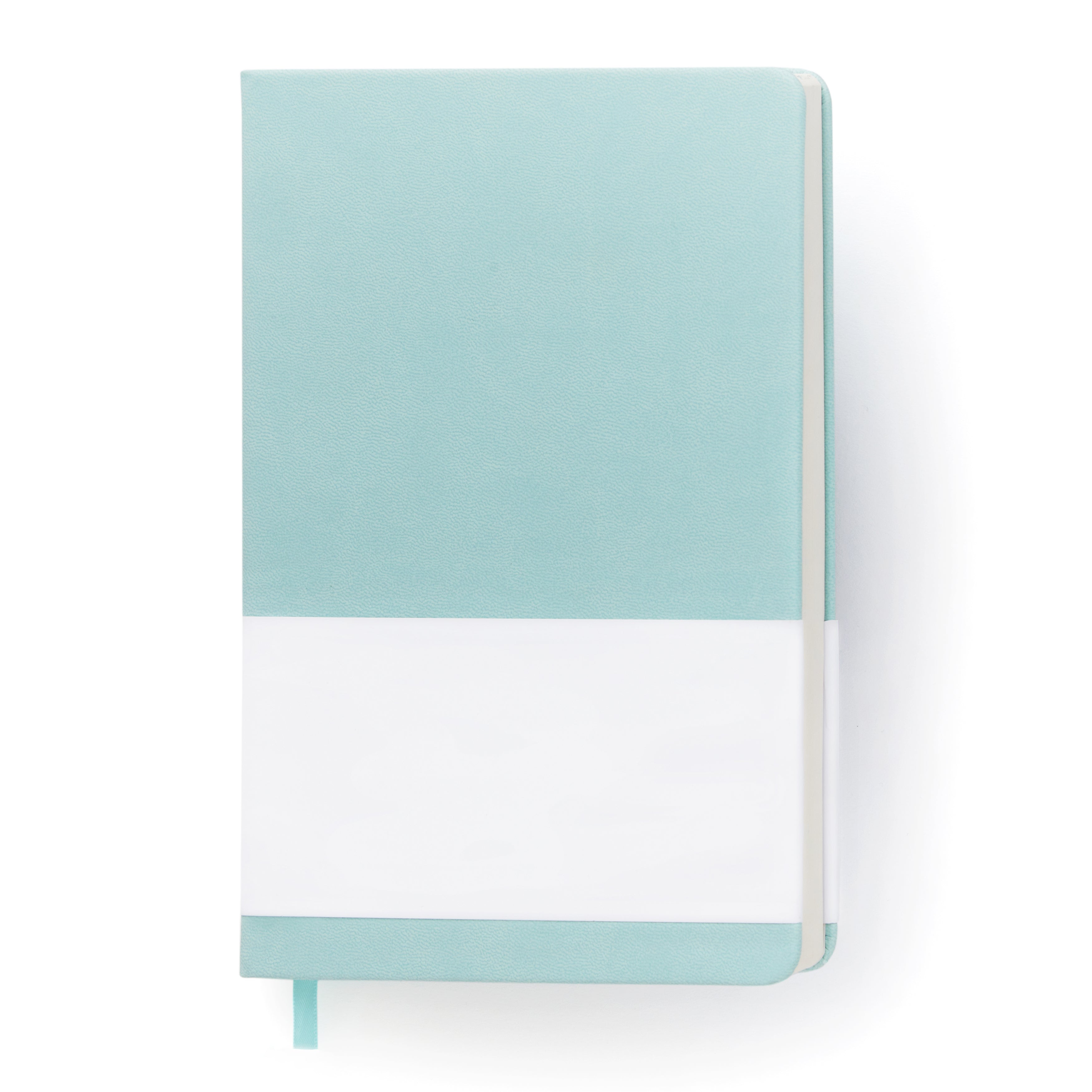
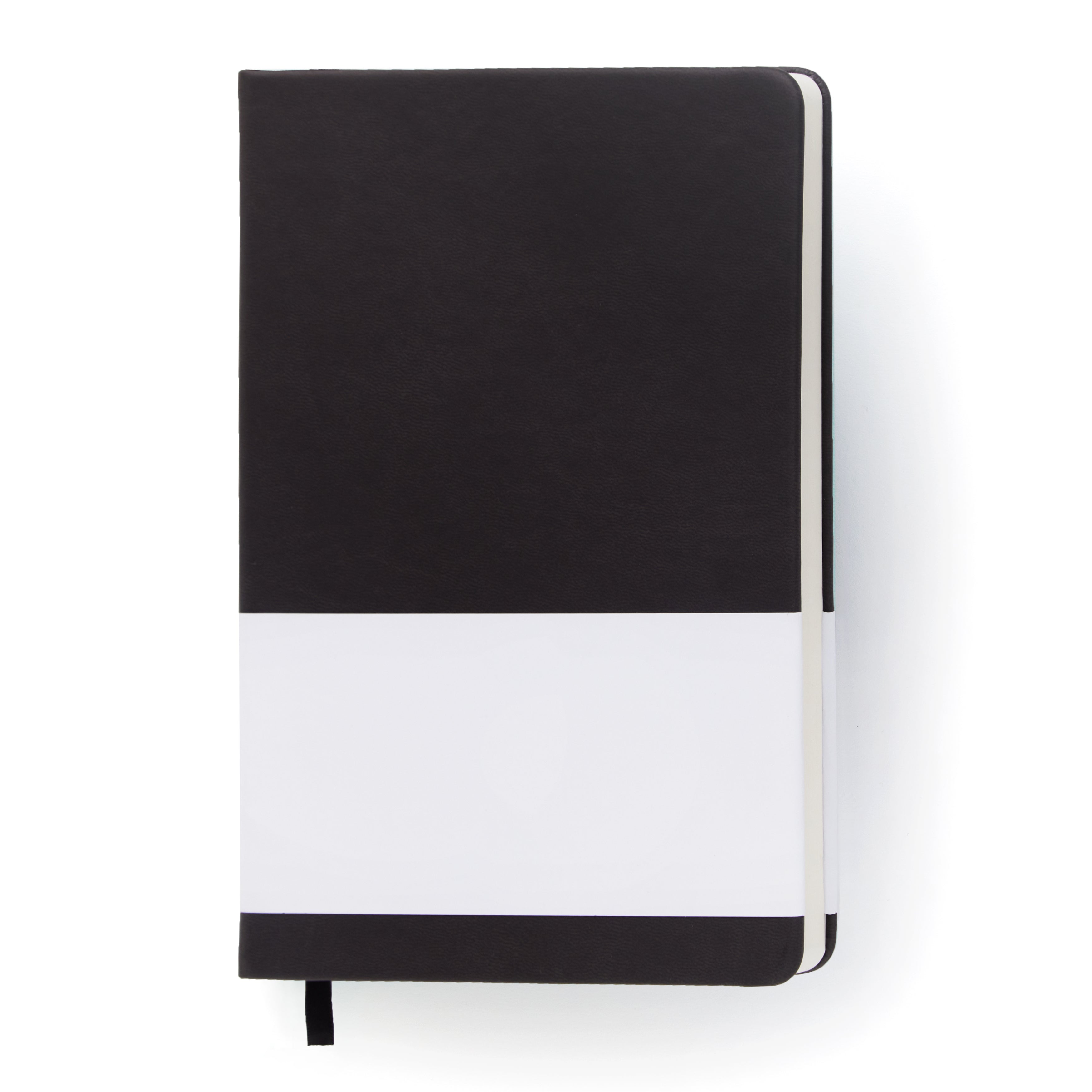
Leave a comment
All comments are moderated before being published.
This site is protected by hCaptcha and the hCaptcha Privacy Policy and Terms of Service apply.